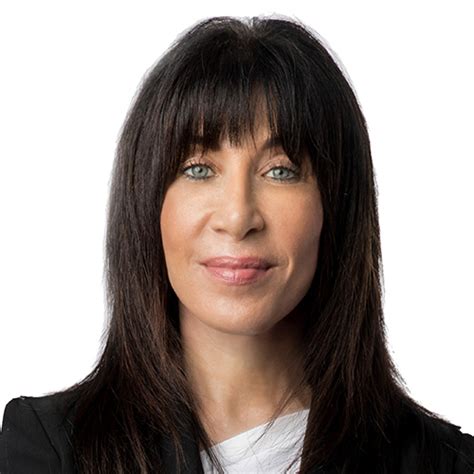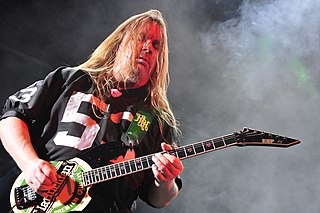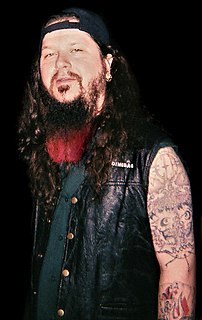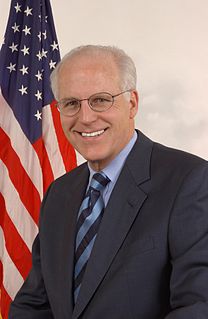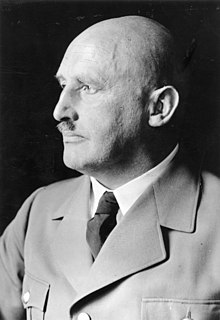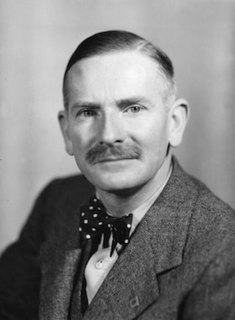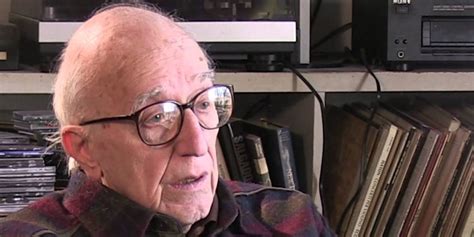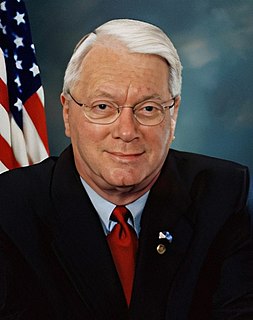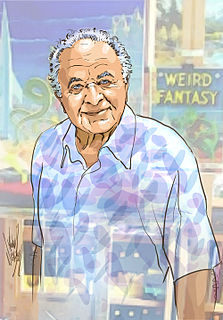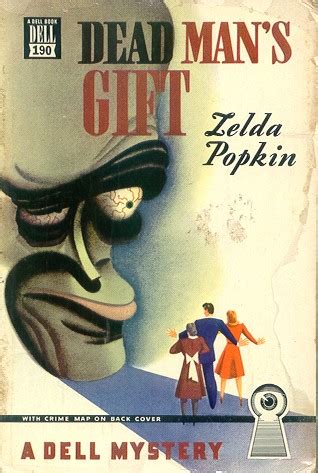Top 1200 Third World War Quotes & Sayings - Page 4
Explore popular Third World War quotes.
Last updated on October 22, 2024.
We will rebuild our country with American workers, American iron, American aluminum, American steel. We will create millions of new jobs and make millions of American dreams come true. Our infrastructure will again be the best in the world. We used to have the greatest infrastructure anywhere in the world, and today, we are like a third-world country. We are literally like a third-world country. Our infrastructure will again be the best, and we will restore the pride in our communities, our nation.
The Great Depression was going on, so that the station and the streets teemed with homeless people, just as they do today. The newspapers were full of stories of worker layoffs and farm foreclosures and bank failures, just as they are today. All that has changed, in my opinion, is that, thanks to television, we can hide a Great Depression. We may even be hiding a Third World War.
I actually thought that the idea of doing a World War II movie in the guise of a spaghetti western would just be an interesting way to tackle it. Just even the way that the spaghetti westerns tackled the history of the Old West, I thought it could be a neat thing to do that with World War II, but just as opposed to using cowboy iconography, using World War II iconography as kind of the jumping-off point.
When I was on an American show in 2015, I tried to talk about the threat Vladimir Putin posed to the free world. The interviewer said, "Wake me up when he takes over Poland." We heard something similar from years ago and we ended up with World War Two. Putin decided to skip Poland and went straight to Wisconsin. Putin is at war, a hybrid war, with the free world. His domestic propaganda is based entirely on a strong man challenging the free world. When the demonstrations around Russia began, the harsh response was because it was more important to show strength.
The United States, as the world knows, will never start a war. We do not want a war. We do not now expect a war. This generation of Americans has already had enough - more than enough - of war and hate and oppression. We shall be prepared if others wish it. We shall be alert to try to stop it. But we shall also do our part to build a world of peace where the weak are safe and the strong are just. We are not helpless before that task or hopeless of its success. Confident and unafraid, we labor on - not toward a strategy of annihilation but toward a strategy of peace.
The high level of the technologies used during the Gulf War makes this conflict quite unique, but the very process of de-realization of the war started in 1945. War occured in Kuwait, but it also occured on the screens of the entire world. The site of defeat or victory was not the ground, but the screen.
In view of the fact that in any future world war nuclear weapons will certainly be employed, and that such weapons threaten the continued existence of mankind, we urge the governments of the world to realize, and to acknowledge publicly, that their purpose cannot be furthered by a world war, and we urge them, consequently, to find peaceful means for the settlement of all matters of dispute between them.
Remembering the loss of those Irishmen from all parts of the island who were sent to their deaths in the imperialist slaughter of the First World War is crucial to understanding our history. It is also important to recognise the special significance in which the Battle of the Somme and the First World War is held.
If you look at the First World War, the Kaiser was actually, actively buying a lot of the armaments from Britain! in the years, in the run-up to the First World War. And I mean, there was a connection there. He was, indeed, Queen Victoria's grandson. You know, they were all related, all these royal families.
If you look back to the anti-intervention movements, what were they? Let's take the Vietnam War - the biggest crime since the Second World War. You couldn't be opposed to the war for years. The mainstream liberal intellectuals were enthusiastically in support of the war. In Boston, a liberal city where I was, we literally couldn't have a public demonstration without it being violently broken up, with the liberal press applauding, until late 1966.
Possibly my hatred of war blinds me so that I cannot comprehend the arguments they adduce. But, in my opinion, there is no such thing as a preventive war. Although this suggestion is repeatedly made, none has yet explained how war prevents war. Worse than this, no one has been able to explain away the fact that war creates the conditions that beget war.
It was Harry Patch, who was the last living World War I veteran; and by veteran I mean someone who actually fought in the war, he didn't just happen to be in the army at that time, in the Great War. And when the Iraq War started, he was interviewed, and they said, well what do you think of this? And he said, in a very sad voice, "Well, that's why my mates died. We thought we were going to end all that sort of thing."
Survival means the survival of human kind as a whole, not just a part of it. If the South cannot survive, then the North is going to crumble. If countries of Third World cannot pay their debts, you are going to suffer here in the North. If you do not take care of the Third World, your well-being is not going to last, and you will not be able to continue living in the way you have been much longer. It is leaping out at us already. You cannot leave the job to the governments or the political scientists alone. You have to do it yourself.
There is ...a huge tacit conspiracy between the U.S. government, its agencies and its multinational corporations, on the one hand, and local business and military cliques in the Third World, on the other, to assume complete control of these countries and "develop" them on a joint venture basis. The military leaders of the Third World were carefully nurtured by the U.S. security establishment to serve as the "enforcers" of this joint venture partnership, and they have been duly supplied with machine guns and the latest data on methods of interrogation of subversives.
No wonder nobody around the world is nervous about America anymore. No wonder we're not intimidating our adversaries and they're running around wild in the world, because they know we're not investing in our defense anymore. We need to make or military strong, not to wage war, but to avoid war and to bring peace and stability in the world.
If you look at the Gulf War or new military technologies, they are moving towards cyberwars. Most video-technologies and technologies of simulation have been used for war. For example, video was created after the Second World War in order to radio-control planes and aircraft carriers. Thus video came with the war. It took twenty years before it became a means of expression for artists.
At the beginning of World War II the U.S. had a mere 600 or so first-class fighting aircraft. We rapidly overcame this short supply by turning out more than 90,000 planes a year. The question at the start of World War II was: Do we have enough funds to produce the required implements of war? The answer was No, we did not have enough money, nor did we have enough gold; but we did have more than enough resources. It was the available resources that enabled the US to achieve the high production and efficiency required to win the war. Unfortunately this is only considered in times of war.
I was after a set of pictures, so that when people looked at them they would say, ‘This is war’-that the people who were in the war would believe that I had truthfully captured what they had gone through I worked in the framework that war is horrible. I want to carry on what I have tried to do in these pictures. War is a concentrated unit in the world and these things are clearly and cleanly seen. Things like race prejudice, poverty, hatred and bigotry are sprawling things in civilian life, and not so easy to define as war.



